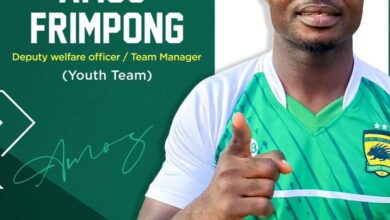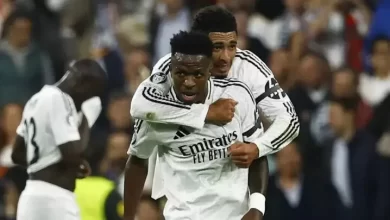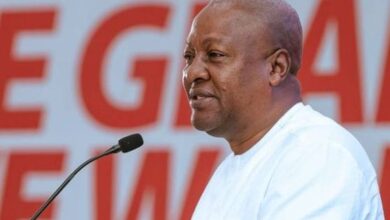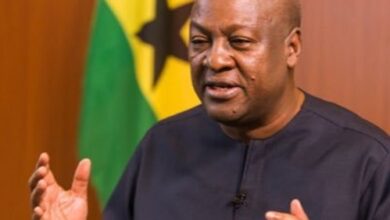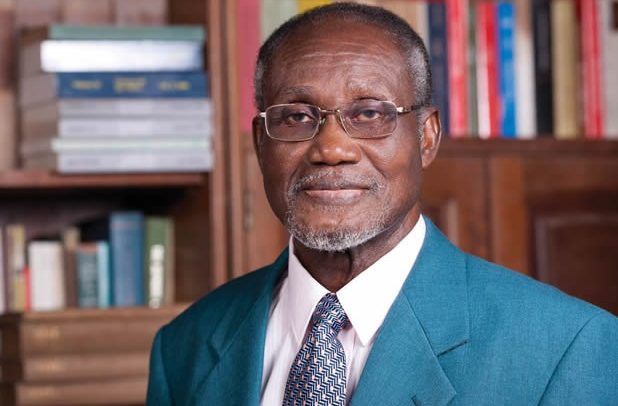
Ghana’s longest serving Attorney General (AG) under the Jerry John Rawlings administration Dr. Obed Asamoah has described people who are warning of a possible coup in Ghana as childish people, who are unaware of the consequences military takeovers has for a country.
According to him, when there is a coup, nobody will be spared therefore, people calling for coup will be at risk when there is a military takeover.
Dr. Obed Asamoah explained that the soldiers who overthrow a constitutionally elected government will always revenge against persons they have personal issues with.
“If for example,” he said, “someone was fighting with a military officer over a woman, that person will be targeted if there is a coup and be eliminated.
“This Fix Ghana elements, some of them are openly calling for a military takeover. Those people are childish. When a coup happens the power that is wielded by the soldiers immediately after the coup is not discriminatory, they look at it in personal terms.
“If for example you have crossed some military officer in traffic and he is annoyed with you, he is coming to shoot you in the confusion of the revolution.
“Or maybe, you have been fighting with him over some girlfriend, in the confusion he will shoot you. So, the consequences can be non-discriminatory, they can affect the very people who are asking for that,” Dr. Asamoah explained.
He further indicated that it is not automatic that a military government will solve the problems facing the people for which they are calling for a revolution.
“The other thing is you can have a military government that will be completely inefficient,” he added.
Meanwhile, Alban S.K. Bagbin, Speaker of Parliament, has expressed concerns about commentaries on coups among some Ghanaians.
To him, Parliament will suffer most when there is a military takeover as compared to the judiciary or the executive.
Bagbin in a meeting with Council of State members on Tuesday, March 1, said “If there is a coup, it is Parliament that suffers, the judiciary will always be there, there will always be an executive arm and because of that absence of Parliament, many Ghanaians don’t understand what parliament is.
“I have gone through it from 1993 up to date, I have seen some of the challenges, I have identified some. When I took over as Speaker, then the weight came on me.
“I see myself, even though I am a member of the NDC, throughout my practice, I have not been a fanatic of party politics. I have always preached across the political divide.”

